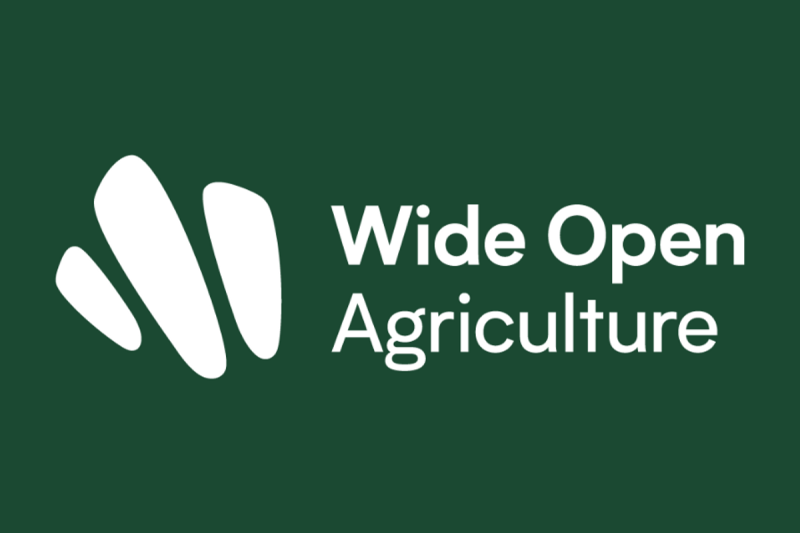The food industry is consistently evolving to meet the growing demand for sustainable and ethical food sources. With the rising popularity of plant-based diets, the development of high-quality plant proteins has become a key focus for researchers and producers. Recently, the proprietary technology called WOA has successfully been adapted to produce pea and faba protein isolates, bringing a new wave of innovation to the plant-based protein market.
WOA, short for Water Only Extraction technology, has long been recognized for its environmentally friendly and cost-effective extraction process that minimizes waste and reduces energy consumption. By harnessing the power of water as the sole solvent, WOA offers a cleaner and more sustainable alternative to traditional extraction methods. This technology has now been optimized to extract protein isolates from peas and faba beans, two legume crops that are rich in protein and essential nutrients.
Pea protein has gained popularity in recent years for its neutral taste, excellent amino acid profile, and allergen-friendly nature. It is a common plant protein source used in a variety of food products, from plant-based meats to protein powders and snacks. Faba beans, on the other hand, are a lesser-known legume that offers a high protein content and unique nutritional benefits. By using WOA technology to extract protein isolates from both peas and faba beans, researchers have unlocked a new source of high-quality plant proteins that can be utilized in a wide range of food applications.
The successful adaptation of WOA technology for pea and faba protein production represents a significant advancement in the plant-based protein industry. The resulting protein isolates are not only sustainable and cost-effective but also boast superior functionality and nutritional qualities. These protein isolates can be incorporated into various food products to enhance their protein content, improve texture, and deliver a clean label appeal.
Furthermore, the use of pea and faba protein isolates aligns with the growing consumer demand for plant-based alternatives that are both nutritious and environmentally friendly. As more people seek to reduce their meat consumption and adopt a more sustainable lifestyle, the availability of high-quality plant proteins becomes increasingly important. The development of pea and faba protein isolates using WOA technology offers a promising solution to meet this demand and drive innovation in the plant-based food sector.
In conclusion, the successful adaptation of WOA technology to produce pea and faba protein isolates marks a significant milestone in the plant-based protein industry. This innovative approach not only showcases the potential of sustainable and efficient extraction methods but also highlights the versatility and nutritional benefits of peas and faba beans as protein sources. As consumer preferences continue to shift towards plant-based diets, the use of high-quality plant proteins like pea and faba isolates will play a vital role in shaping the future of food production and sustainability.
